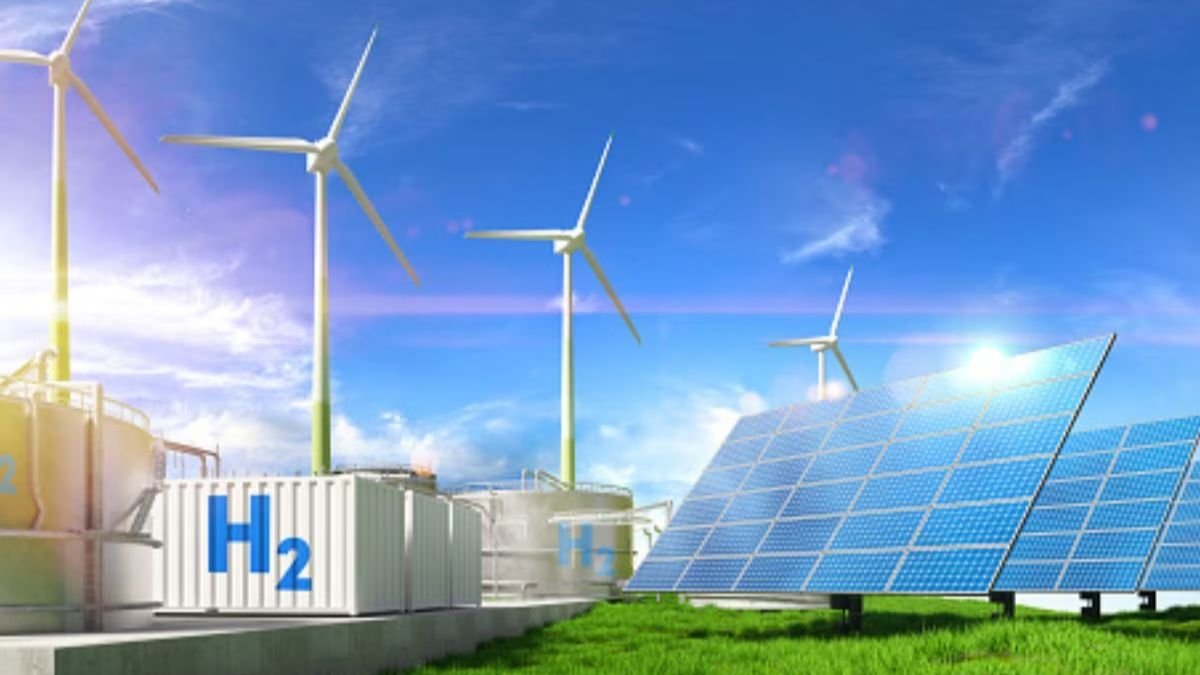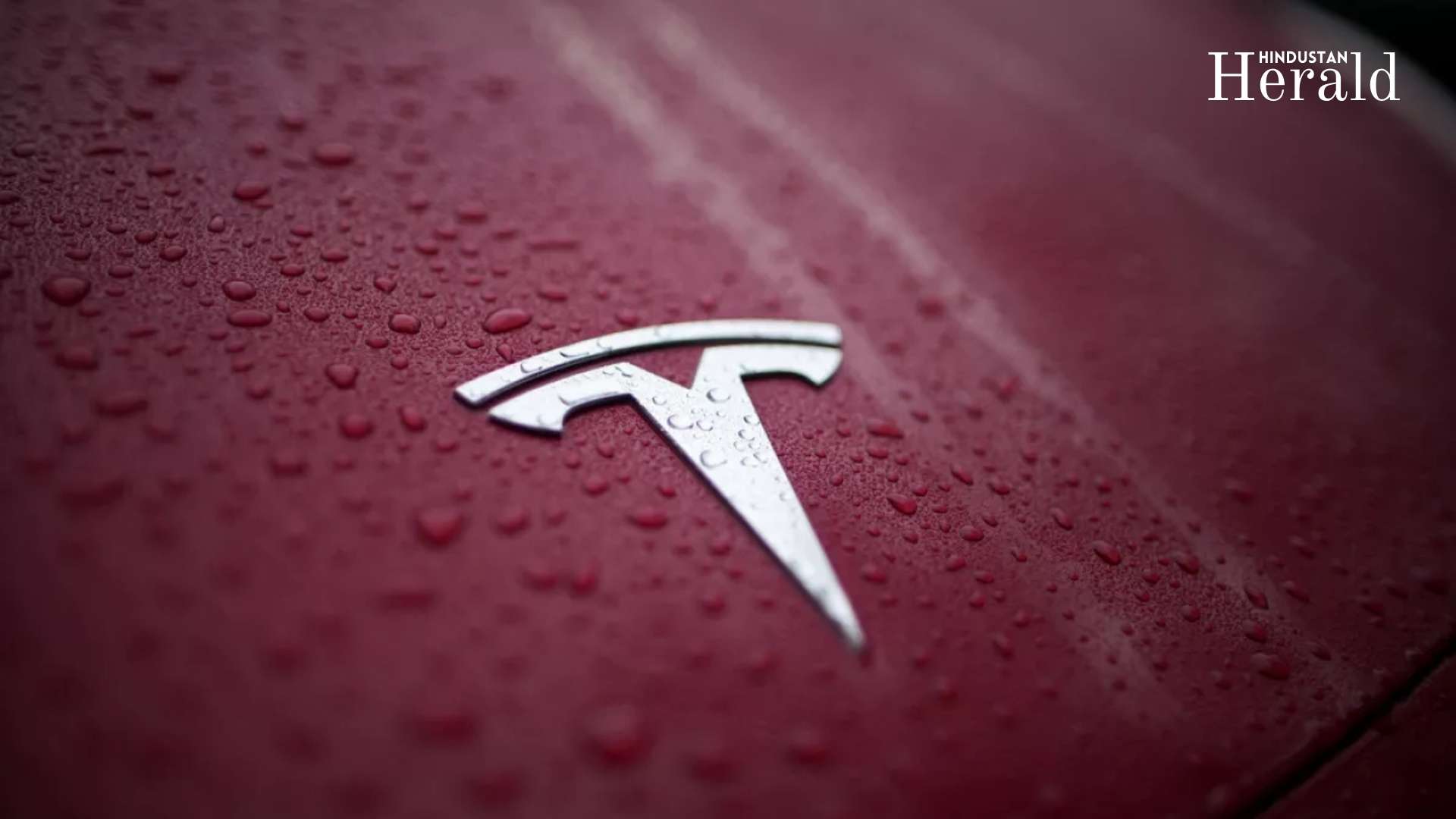France and Germany Clash In The Race For Energy Transition: Exploring The Green Energy Crisis

The energy sector has been a point of contention between France and Germany, despite being often referred to as the “motor of Europe.” Both countries’ energy strategies face challenges, creating instability within the EU’s “climate package,” Fit for 55. To understand the historical roots of this dispute, we delve into a comprehensive paper published in Confrontations Europe.
Post-WWII: Coal and Petrol Crises

Germany’s reconstruction after World War II heavily relied on coal and lignite resources, given the ban on nuclear weapons. The country’s corporatist energy sector, centered around unions and regional energy companies (Stadtwerke), faced crises in the 1950s and 60s due to coal shortages and the 1970s petrol crisis. Consequently, the federal state intervened, supporting the coal industry and launching a nuclear program. This led to a regional divide, with coal-supporting regions in the north-west and nuclear-focused areas in the south-east, intensifying the debate on nuclear energy.
France, in contrast, embraced extreme centralization of its energy sector through the Nationalization Act of 1946. The EDF (Électricité de France) and the state’s interests were closely intertwined. Inspired by the 1973 petrol crisis, France adopted an ambitious “All electric, all nuclear” vision known as the Messmer Plan to achieve energy independence and national greatness.
Energy Transitions: Germany’s Energiewende and France’s Prudent Energy Use
In the 1980s, Germany initiated the Energiewende (energy transition), driven by environmental concerns, anti-nuclear campaigns, and the work of energy experts. Over time, the transition evolved to embrace growth and prosperity without fossil fuels. In contrast, France’s energy transition discussion took center stage during President François Hollande’s tenure in 2013, resulting in four potential pathways ranging from cautious nuclear phaseout to maintaining significant nuclear capacity.
Current Crisis: France and Germany’s Energy Systems
Recently, both France and Germany faced energy crises. France experienced a 30% drop in nuclear production following Russia’s invasion of Ukraine, while Germany grappled with challenges in its decarbonization strategy. Germany’s reliance on coal and its dependence on Russian gas as a bridge to green hydrogen were exposed as flawed after the invasion of Ukraine. Now, Germany must rapidly develop renewables while tackling intermittency issues.
European Imperative: Reconciling Energy Policy and National Choices
In the EU, different decarbonization strategies have led to conflicts between two blocs. France leads a “nuclear alliance” supported by several countries, while another group, the “friends of renewables,” aligns with Germany. These divisions have implications for key energy transition policies and the trajectory towards decarbonization.
Toward European Energy Principles
While a one-size-fits-all model may not be feasible, certain principles can guide Europe towards coordinated carbon neutrality by 2050:
- Prioritize the fight against climate change and decarbonize energy systems.
- Recognize and accept the diverse decarbonization policies adopted by European countries.
- Avoid hindering other member states’ decarbonization efforts with individual policy choices.
A coherent European policy for energy transition is essential to address these challenges and reconcile differences between member states.
The Hindustan Herald Is Your Source For The Latest In Business, Entertainment, Lifestyle, Breaking News, And Other News. Please Follow Us On Facebook, Instagram, Twitter, And LinkedIn To Receive Instantaneous Updates. Also Don’t Forget To Subscribe Our Telegram Channel @hindustanherald








